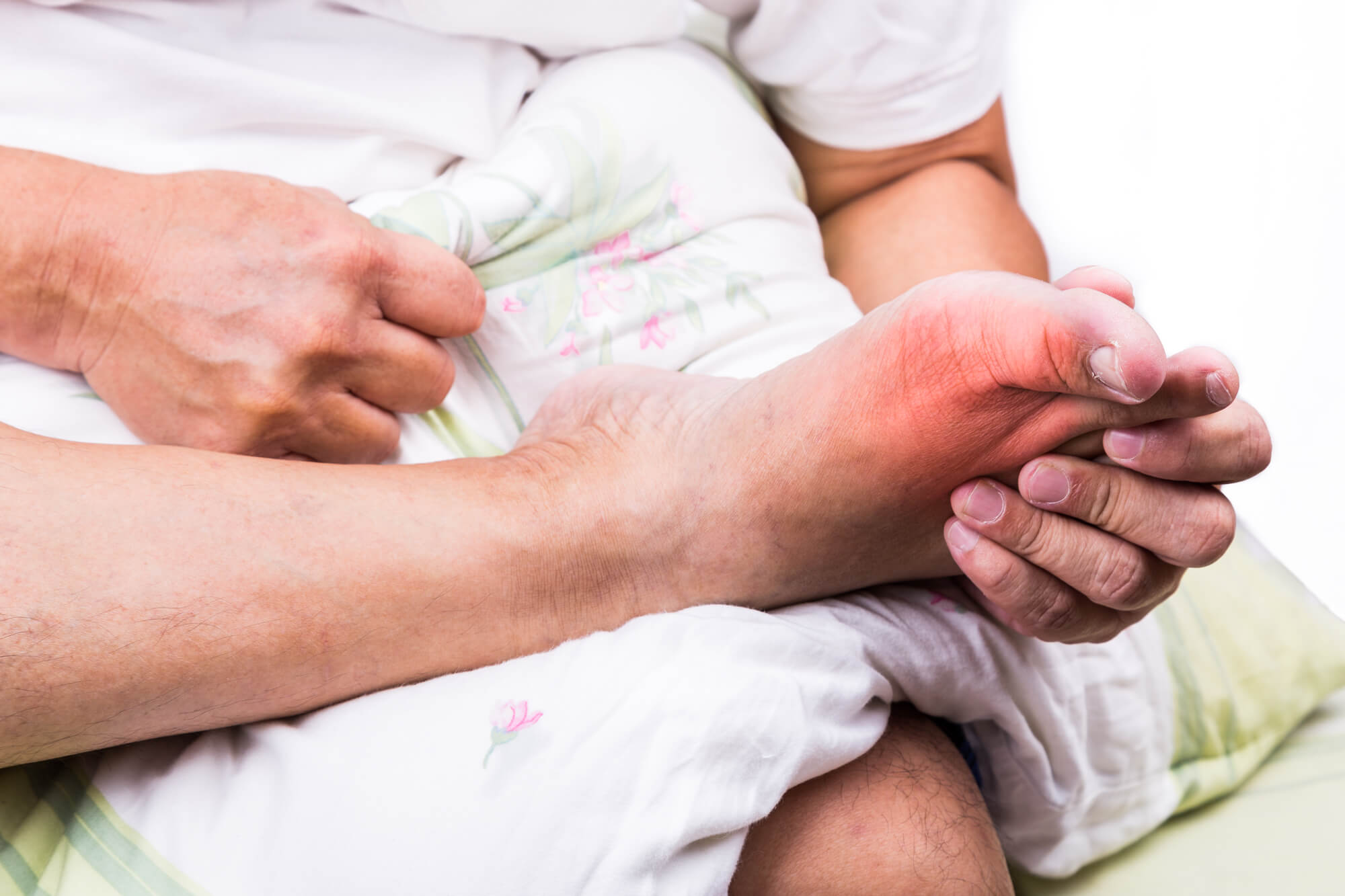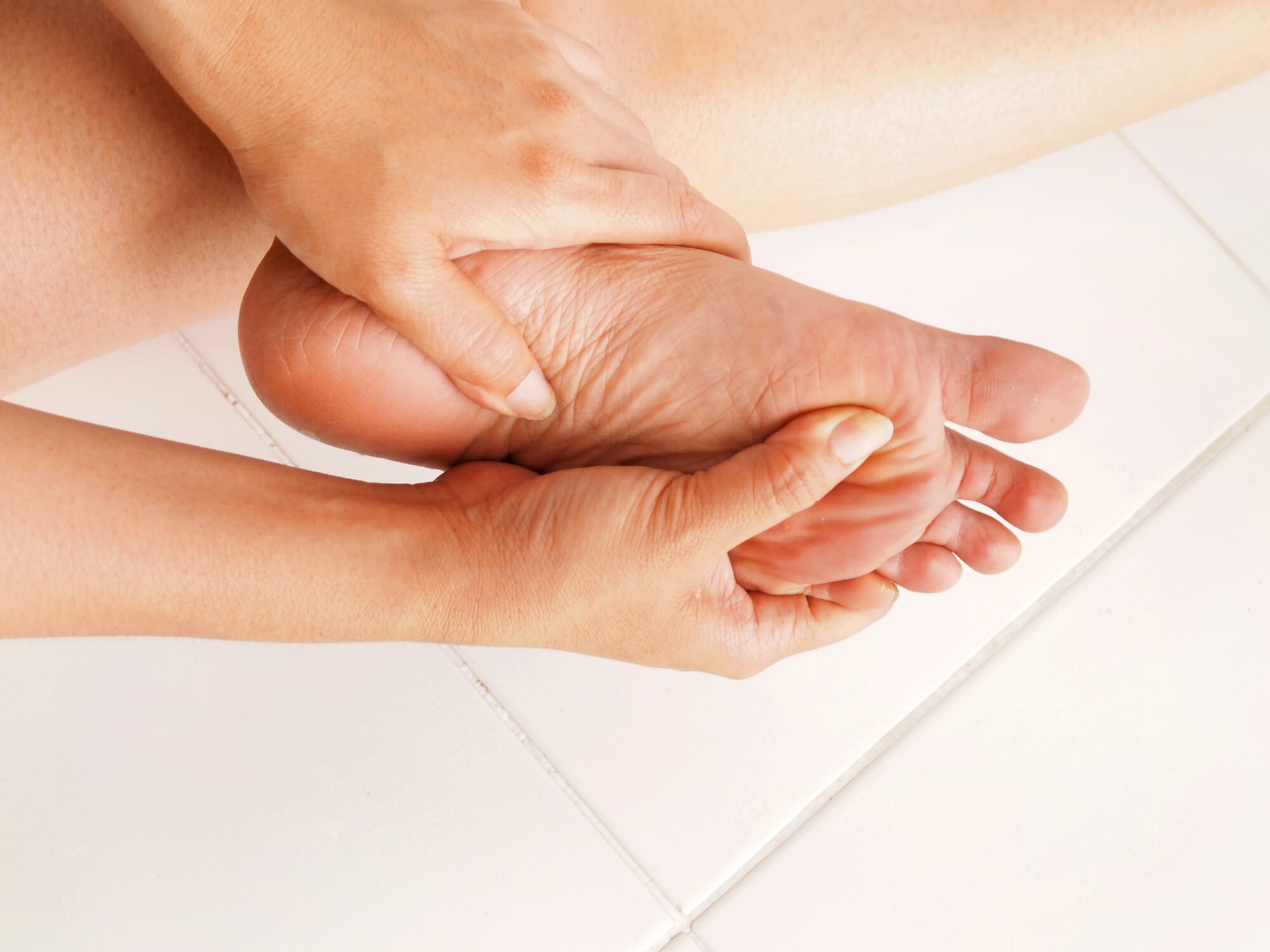Lifestyle Changes That Can Help Manage Gout
If you're living with gout, you know how painful and debilitating it can be. Gout is a form of arthritis that occurs when there is too much uric acid in the body. Uric acid is produced when the body breaks down purines in certain foods and beverages. Too much uric acid can form crystal deposits in the joints, leading to inflammation, pain, and swelling. Gout attacks can be extremely painful, and if left untreated, they can lead to long-term joint damage and other health problems.
While medical treatment is important for managing gout, lifestyle changes can also reduce the risk of gout attacks and improve overall health. This article will explore the lifestyle changes that may help manage gout and reduce the risk of gout flares. From diet and exercise to stress management, we cover it all. Keep reading if you're looking for ways to manage your gout symptoms and improve your quality of life.
What Is Gout?
Gout is a common form of arthritis that affects about 3.9% of adults in the United States. It most often affects the big toe joint but can also affect the ankles, knees, wrists, and other joints. Gout attacks can be sudden and extremely painful and usually come on at night.
Symptoms of Gout
The most common symptom of gout is intense joint pain. During a gout attack, the affected joint may be red, swollen, and tender to the touch. Other symptoms of gout may include:
- Limited range of motion in the affected joint
- Warmth and redness in the affected area
- Fever
- Chills
- Fatigue
Causes of Gout
Gout occurs when there is too much uric acid in the body. Uric acid is a substance produced when the body breaks down purines, which are found in certain foods and beverages. Some people are more prone to developing high uric acid levels, which can lead to gout. Risk factors for gout include:
- Excess weight
- Alcohol consumption, especially beer
- High blood pressure
- Diabetes
- Kidney disease
- Certain medications, such as diuretics and aspirin

Lifestyle Changes for Gout Management
Several lifestyle changes can help manage gout and reduce the risk of gout attacks.
Diet and Nutrition
One of the most important lifestyle changes for managing gout is making healthy choices in your diet. Purine-rich foods, such as organ meats, anchovies, and sardines, can increase your risk of gout. Limiting your intake of these foods may help lower your uric acid levels and reduce the risk of gout attacks.
In addition to limiting purine-rich foods, it is important to maintain a healthy weight. Excess weight can increase your risk of gout, putting extra strain on your joints and leading to higher uric acid levels. Choose low-fat, low-sugar options, and focus on whole grains, fruits, and vegetables.
Eating foods high in vitamin C may also help lower uric acid levels. Some studies have shown that vitamin C may help reduce the risk of gout flares and improve gout symptoms. Good sources of vitamin C include oranges, strawberries, and bell peppers.
Exercise and Physical Activity
Regular exercise is important for managing gout and improving your overall health. Exercise can help reduce excess weight, lower uric acid levels, and improve joint blood flow. The Arthritis Foundation recommends at least 150 minutes of moderate-intensity exercise per week for people with gout. Some good options for exercise include walking, cycling, and swimming.
Talking to your doctor or a podiatrist before starting a new exercise program is important, as certain types of exercise may be more suitable for people with gout.
Stress Management
Stress management is another important aspect of gout management. High stress levels can lead to a flare-up of gout symptoms, so finding ways to reduce stress may help prevent gout attacks. Some methods for reducing stress include:
- Exercise
- Yoga or meditation
- Deep breathing exercises
- Massage therapy
- Talking to a therapist or counselor

Conclusion
Lifestyle changes are an important part of gout management and can help reduce the risk of gout attacks and improve overall health. By making healthy choices in your diet, exercise routine, and stress management, you can lower your uric acid levels and reduce the risk of gout flares.
If you struggle to manage your gout symptoms, you must talk to your doctor or a podiatrist for guidance and support. A rheumatologist may also be able to help you develop a plan for managing your gout. With the right lifestyle changes and medical treatment, you can effectively manage your gout and improve your quality of life.
FAQ
What lifestyle factors cause gout?
Gout is caused by high levels of uric acid in the body. Uric acid is a substance produced when the body breaks down purines found in certain foods and beverages. Some lifestyle factors that can increase your risk of developing high levels of uric acid and developing gout include:
- Excess weight: Being overweight or obese puts extra strain on your joints and can lead to higher uric acid levels.
- Alcohol consumption, especially beer: Drinking alcohol, especially beer, can increase your risk of gout.
- High blood pressure: People with high blood pressure are more likely to develop gout.
- Diabetes: People with diabetes are more prone to high uric acid levels and gout.
- Kidney disease: People with kidney disease may have difficulty eliminating excess uric acid from the body, which can lead to gout.
- Certain medications: Some medications, such as diuretics and aspirin, can increase your risk of gout.
Can exercise help gout?
Yes, regular exercise can help manage gout and reduce the risk of gout attacks. Exercise can help reduce excess weight, lower uric acid levels, and improve joint blood flow. The Arthritis Foundation recommends at least 150 minutes of moderate-intensity exercise per week for people with gout. Some good options for exercise include walking, cycling, and swimming.
Talking to your doctor or a podiatrist before starting a new exercise program is important, as certain types of exercise may be more suitable for people with gout.
What clears up gout fast?
Gout attacks can be extremely painful, and finding relief as quickly as possible is important. Some ways to clear up gout fast include:
- Taking over-the-counter or prescription pain medications: Nonsteroidal anti-inflammatory drugs (NSAIDs) or other pain medications may help reduce inflammation and pain during a gout attack.
- Applying ice to the affected joint: Applying ice to the affected joint may help reduce swelling and pain.
- Resting and elevating the affected joint: Resting and elevating the affected joint can help reduce swelling and improve circulation.
- Staying hydrated: Drinking plenty of fluids, especially water, can help flush excess uric acid from the body and reduce the risk of gout attacks.
- Avoiding purine-rich foods: Limiting your intake of purine-rich foods, such as organ meats, anchovies, and sardines, may help reduce the risk of gout attacks.
How do I make my gout go down?
There are several steps you can take to help reduce the severity of a gout attack and make it go down:
- Take pain medications as directed: Nonsteroidal anti-inflammatory drugs (NSAIDs) or other pain medications may help reduce inflammation and pain during a gout attack.
- Apply ice to the affected joint: Applying ice to the affected joint may help reduce swelling and pain.
- Rest and elevate the affected joint: Resting and elevating the affected joint can help reduce swelling and improve circulation.
- Stay hydrated: Drinking plenty of fluids, especially water, can help flush excess uric acid from the body and reduce the risk of gout attacks.
- Avoid purine-rich foods: Limiting your intake of purine-rich foods, such as organ meats, anchovies, and sardines, may help.

